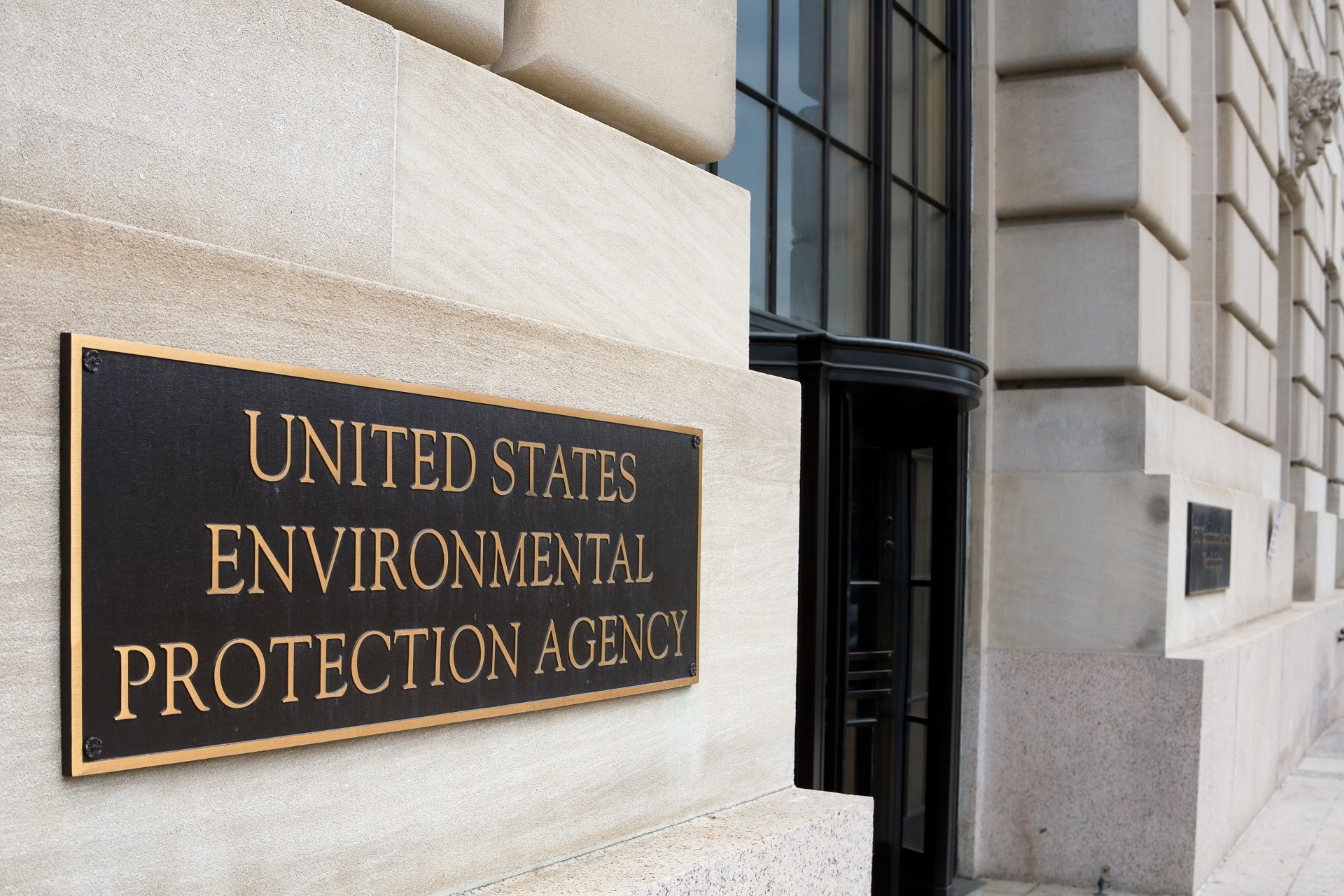Highlights
• The Biden administration’s proposed ban on all uses of TCE goes far beyond the Obama administration’s proposal to ban some uses that was delayed and subsequently withdrawn by the Trump administration• Phase-outs and exemptions are one year for most commercial and all consumer uses, up to 10 years for uses deemed “critical or essential” to national security, the economy, or infrastructure, and 50-years for essential lab activities and contaminated-site cleanups
• The longstanding controversy over TCE regulation foreshadows a robust wave of comments and intense lobbying over the proposed ban
Trichloroethylene (TCE) is widely used as a solvent in a variety of industrial, commercial and consumer applications including in lubricants, greases, adhesives, and sealants and for hydrofluorocarbon (HFC) production and vapor and aerosol degreasing. In addition, it is estimated to be present at more than 1,050 Superfund sites.
On Oct. 23, the Environmental Protection Agency (EPA) issued pre-publication notice of a proposed rule to ban all uses of TCE to address the unreasonable risk of injury to human health it presents. This proposed risk management rule is based on the EPA’s November 2020 Toxic Substances Control Act (TSCA) Section 6 risk evaluation, as amended by the January 2023 final revised risk determination for TCE.
This proposal goes far beyond the Obama administration’s proposed ban on some uses of TCE that was delayed and subsequently withdrawn by the Trump administration.
According to the EPA’s announcement: “The proposal’s expected exposure reductions to prevent cancer before it starts aligns with President Biden’s Cancer Moonshot, a whole-of-government approach to end cancer as we know it. The proposal also advances the President’s historic commitment to environmental justice which seeks to address impacts of underinvestment in communities overburdened by legacy pollution and environmental hazards.”
The proposed rule was published Oct. 31. Comments are due by Dec. 15, 2023, at regulations.gov. The EPA is planning to conduct a public webinar on Nov. 14 that is targeted to employers and workers will provide an overview of the proposed regulatory action.
Scope and timing of the prohibitions on TCE
More specifically, pursuant to TSCA Section 6(a), the EPA is proposing the following prohibitions, with phase-outs and TSCA section 6(g) exemptions ranging from one year for most commercial and all consumer uses, up to 10 years for uses deemed “critical or essential” to national security, the economy, or infrastructure, and 50 years for essential laboratory activities and as part of contaminated-site cleanups
- Prohibit the manufacture (including import), processing, and distribution in commerce of TCE for all uses (including (including all consumer uses)
- Prohibit the industrial and commercial use of TCE, with longer compliance timeframes for certain uses
- Prohibit the manufacture (including import) and processing of TCE as an intermediate for the manufacturing of hydrofluorocarbon 134a, following an 8.5-year phase-out
- Prohibit the industrial and commercial use of TCE as a solvent for closed-loop batch vapor degreasing for rocket booster nozzle production by federal agencies and their contractors, following a 10-year phase-out
- For Department of Defense (DoD) naval vessels and their systems, prohibit the industrial and commercial use of TCE, following a 10-year exemption, for potting, bonding and sealing compounds
- Prohibit the manufacture (including import), processing, distribution in commerce, and use of TCE as a processing aid for battery separator manufacturing, following a 10-year exemption
- Prohibit the manufacture (including import), processing, distribution in commerce, and use of TCE as a laboratory chemical for essential laboratory activities and some research and development activities, following a 50-year exemption
- Prohibit the manufacture (including import), processing, distribution in commerce, and industrial and commercial use of TCE as a solvent in closed loop vapor degreasing necessary for human-rated rocket engine cleaning by the National Aeronautics and Space Administration (NASA) and its contractors, following a seven-year exemption
- Prohibit the emergency industrial and commercial use of TCE in furtherance of the NASA mission for specific conditions that are critical or essential and for which no technically and economically feasible safer alternative is available, following a 10-year exemption
- Require strict workplace controls, including compliance with a TCE workplace chemical protection program (WCPP), which would include requirements for an inhalation exposure limit and dermal protection to limit exposure to TCE, for conditions of use with long term phase-outs or time-limited exemptions
- Prohibit, due to worker risks, the disposal of TCE to industrial pre-treatment, industrial treatment, or publicly owned treatment works, with a 50-year exemption for cleanup projects (subject to worker safety provisions)
The proposed rule also includes requirements to establish recordkeeping and downstream notification requirements. The purpose of downstream notification is to “spread awareness throughout the supply chain of the restrictions on use of TCE under TSCA as well as provide information to commercial end users about allowable uses of TCE until the prohibition compliance dates.”
In addition to requests for comments peppered throughout the proposal, Section IX of the preamble includes 60 requests for comment ranging from general (e.g., all elements of the proposed regulatory action and the primary alternative regulatory action and the need for exemptions from the rule), to very specific (e.g., information that would allow the EPA to quantify the magnitude of avoided risk of fetal cardiac defects due to reductions in TCE exposure), to the aspirational (the potential to develop future technologies to control and limit exposure to TCE for conditions of use). These detailed requests offer substantial insight into the agency’s thought process, and suggest there is some flexibility to make changes in the final rule.
Environmental groups, including the Environmental Defense Fund and Earthjustice, lauded the proposal. The initial reaction of chemical manufacturers, through the American Chemistry Council, was that the proposed rule is inconsistent with the underlying science and based on inaccurate exposure assessments. Given the controversy over regulation of TCE during the two preceding administrations, it is anticipated there will be a substantial volume of robust comments and intense lobbying.
For more information, please contact the Barnes & Thornburg attorney with whom you work or Bruce White at 312-214-4584 or bwhite@btlaw.com.
© 2023 Barnes & Thornburg LLP. All Rights Reserved. This page, and all information on it, is proprietary and the property of Barnes & Thornburg LLP. It may not be reproduced, in any form, without the express written consent of Barnes & Thornburg LLP.
This Barnes & Thornburg LLP publication should not be construed as legal advice or legal opinion on any specific facts or circumstances. The contents are intended for general informational purposes only, and you are urged to consult your own lawyer on any specific legal questions you may have concerning your situation.













